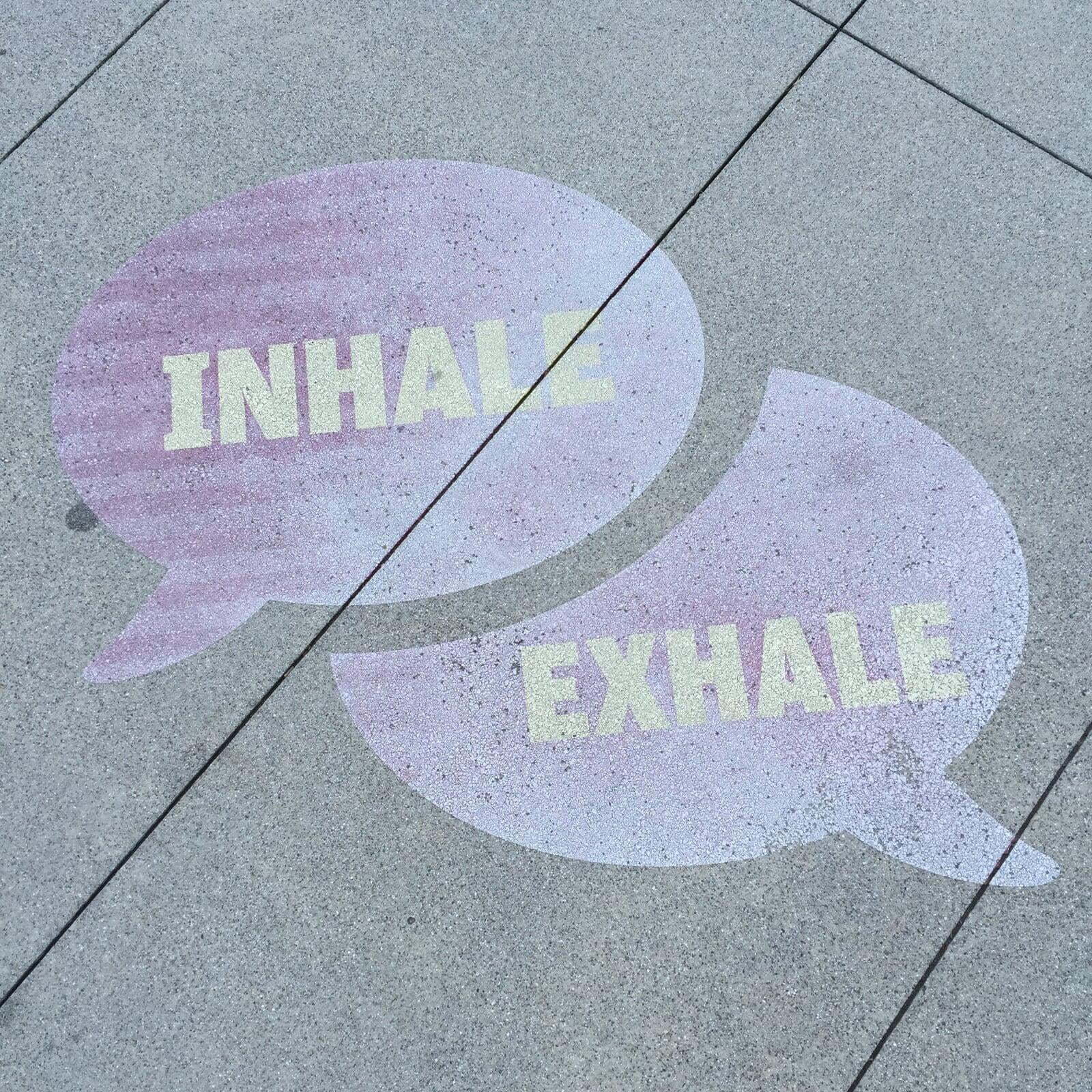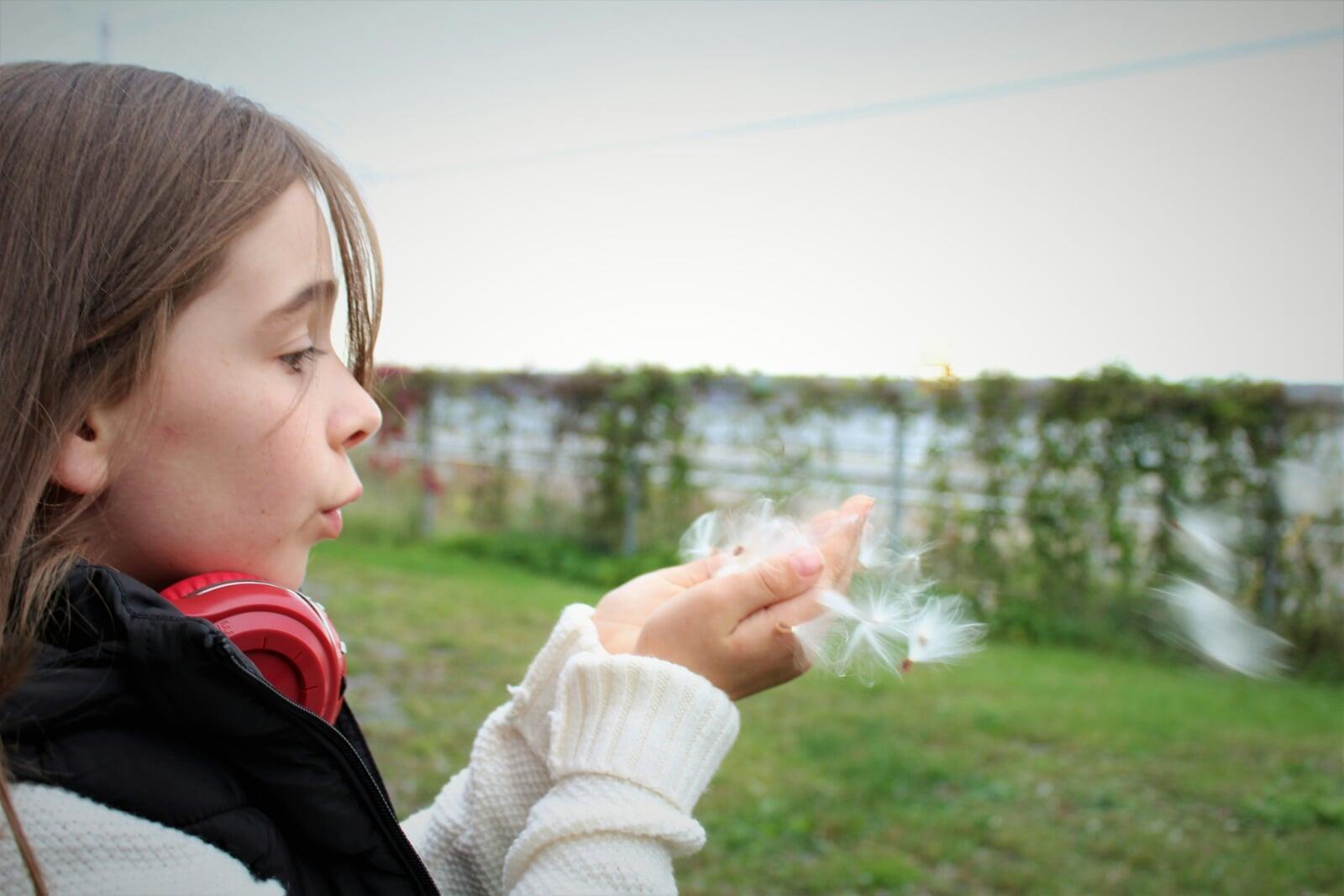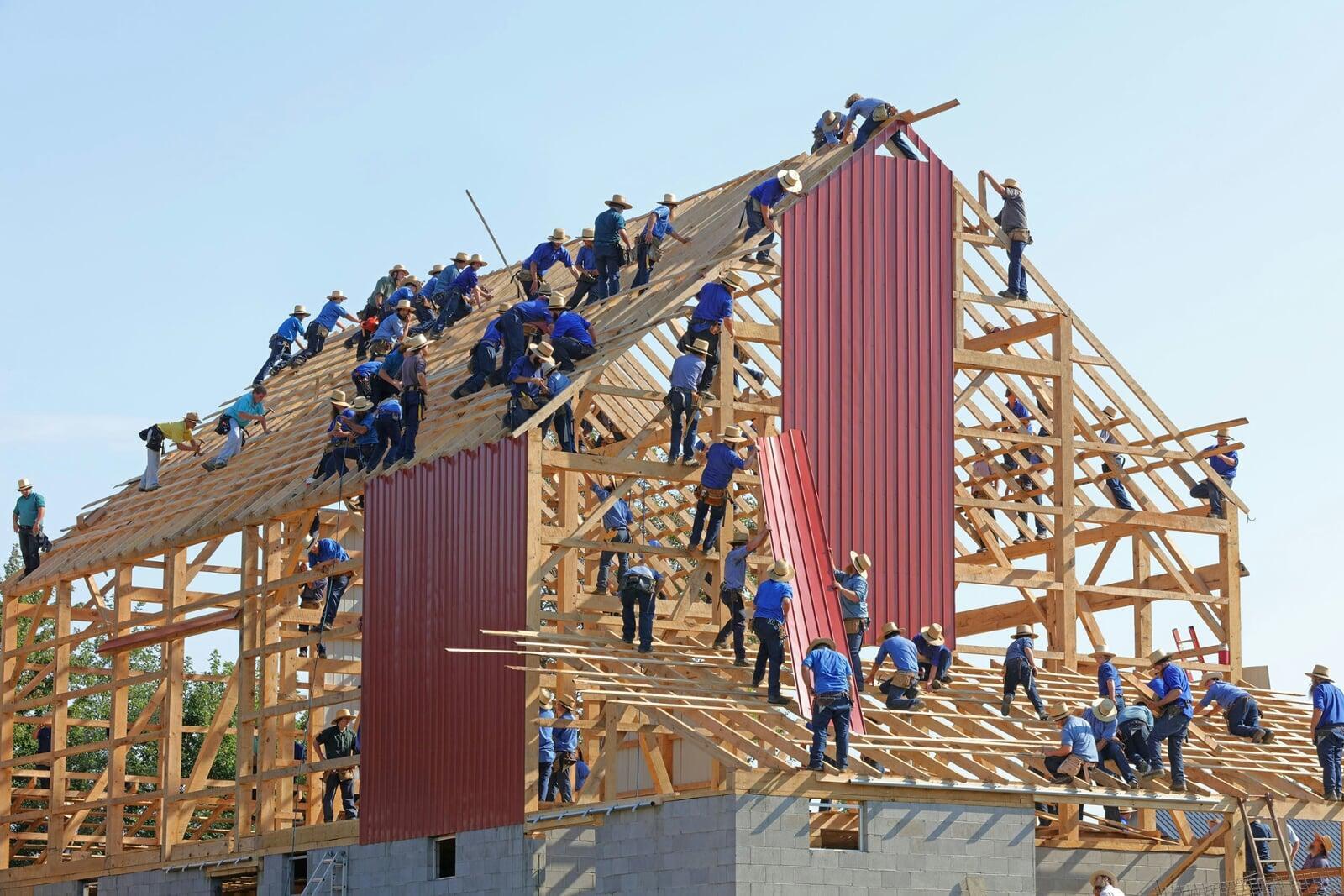Reduce Stress
Learn effective ways to manage stress during cancer recovery.

On This Page
Physical Activity & Exercise
Stability & Flexibility
Balance exercises enhance stability and confidence in daily mobility, reducing fall risk. Explore our Guide→
Individuals recovering from cancer use stretching to improve range of motion and flexibility, fostering mobility and easing muscle tension. Explore our Guide→
Exercises

Biking*
Placeholder - You can edit text on your website by double clicking on a text box on your website. For additional details, read more.

Running*
Placeholder - You can edit text on your website by double clicking on a text box on your website. For additional details, read more.
Calm the Body & Mind
Breathing Techniques
Diaphragmatic Breathing helps cancer survivors reduce stress and promote relaxation through deep, rhythmic breathing. Explore our Guide→
People in cancer recovery use Pursed Lip Breathing to enhance oxygen flow and promote calm. Explore our Guide→
Sensory Awareness
The 5-4-3-2-1 Grounding technique helps cancer survivors reduce stress by focusing on sensory experiences and the present moment. Explore our Guide→
People in cancer recovery practice Body Scan Meditation to foster present-moment awareness and improve body-mind connection. Explore our Guide→
Guided Imagery & Self-Kindness
Visualization of Nature helps cancer survivors relax and boost mood through vivid mental imagery of serene outdoor scenes. Explore our Guide→
Survivors practice Self-Kindness to foster a gentle, supportive attitude toward themselves during moments of struggle, failure, or self-criticism. Explore our Guide→
Reframe Thoughts
Cognitive Reframing
Survivors use CBT to modify negative thoughts, fostering coping skills and emotional health in recovery. Explore our Guide→
Role and Identity Transformation helps cancer survivors reshape their sense of self and their roles during recovery. Explore the Guide→
Positive Psychology
People in cancer recovery Culivate Positive Thinking to enhance emotional health and reduce stress through optimism. Explore the Guide→
Survivors use Emotional Intelligence to manage emotions and strengthen connections. Explore the Guide→
Social Connection
Social Support
Individuals recovering from cancer build a support team to share burdens, reduce isolation, and gain encouragement. Explore the Guide→
Placeholder - You can edit text on your website by double clicking on a text box on your website. Explore the Guide→
Sleep
Sleep Management
Sleep Schedule aligns bedtimes and wake times with circadian rhythm, which supports restful sleep and daytime energy. Explore the Guide→
A Sleep Environment designed for relaxation helps cancer survivors enhance sleep quality and well-being by minimizing disruptions. Explore the Guide→
Sleep Therapies
Individuals recovering from cancer use CBT-I to modify thoughts and behaviors, fostering healthier sleep habits and reducing insomnia. Explore the Guide→
Journaling
Gratitude Journaling helps cancer survivors foster positivity and resilience by writing down things they’re thankful for. Explore the Guide→
Bullet Journal helps individuals organize tasks, track health, and monitor goals, reducing stress and fostering control during cancer recovery. Explore the Guide→


























